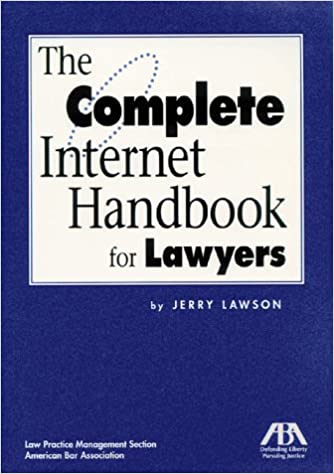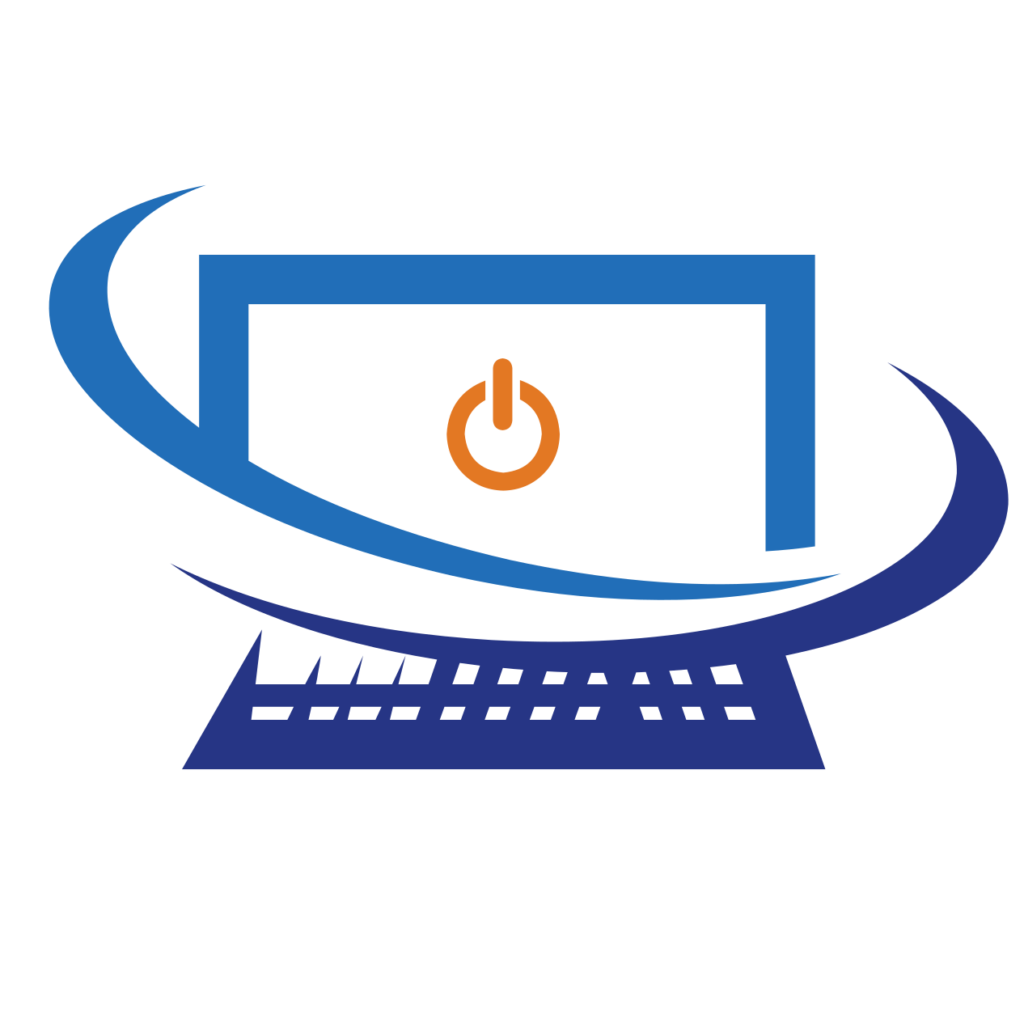Should companies like Amazon, Apple, Facebook and Google be free from antitrust scrutiny merely because their business practices cannot be shown to result in higher prices for consumers?
The Bradley Law Firm‘s award-winning Declassified blog, a premier source of information about class actions, recently examined this conflict in an article by Charles Elder entitled “Hipster Antitrust” Movement Takes Center Stage in Congress.
The article focuses on a recent Judiciary Committee hearing in which representatives questioned CEOs from Amazon, Apple, Facebook and Google about allegedly anticompetitive business practices. The hearing was prompted by a 2017 Yale Law Journal article by Lina Khan, which gave rise to what became known informally as the “hipster antitrust” movement:
Since the Reagan administration, the development of antitrust law has focused on consumer welfare – typically indicated by low prices – to determine whether competition had been harmed unlawfully. This development was based on then-professor (and later judge) Robert Bork’s influential book, The Antitrust Paradox, and the libertarian “Chicago school” of economics. If prices stay low and customers are happy, then courts are typically reluctant to find any antitrust violation. If the complaining party was a competitor whose business was harmed, it is often met with the response that the antitrust laws exist to protect competition, not individual competitors.
More recently, scholars such as Khan have argued that this historical view is too narrow, and they advocate for a broader focus on market structure and the power and influence large tech companies wield. They argue that, rather than merely analyzing whether corporate actions result in lower consumer prices, the law should recognize that the excessive concentration of economic power in a handful of large companies is inherently bad, because it exacerbates other ills, such as income inequality and labor abuses, and gives undue political influence to too few people. Khan’s article was specifically about Amazon, a company that famously offers low prices on a wide variety of consumer goods and that has for the most part been well-liked by customers, but which, she argued, exerts a dangerous amount of power to effectively control the online retail economy.
The answer to this question is critical to the future of the Internet. Elder concludes that it’s unlikely that the largest Internet companies will be broken up because they are popular with users.
I tend to agree, but at the same time I think it’s a mistake to underestimate the potential for change. The attacks on these Internet giants are motivated in large part by bipartisan displeasure at their power and how it impacts the national political scene.
Notes on Use of Lawyer Use of Blog Format
This article is a great illustration of how lawyers with little technical expertise can use blogs to promote themselves and their law practice.
Declassified also illustrates the benefits of a team approach. In addition to Elder’s excellent article, it featured recent high quality articles by Jeffrey R. Blackwood, Kristina Allen Reliford, J. Thomas Richie, Dylan C. Black & Richard W.F. Swor.
Finally, the Bradley firm’s website illustrates one of the biggest blog advantages: They tend to attract backlinks, one of the best methods of improving SEO (Search Engine Optimization). In other words, backlinks tend to cause websites to rank higher in Google ratings.
After all, I would most likely never have seen this article, let alone written about it and linked to it, if it had not been published in the blog format.
Many vendors can provide blogs, some very inexpensively, but the legal industry focus of Lexblog (founded by the estimable Kevin O’Keefe, himself author of the Real Lawyers blog) makes it one of the best choices for lawyers.
Like this:
Like Loading...



